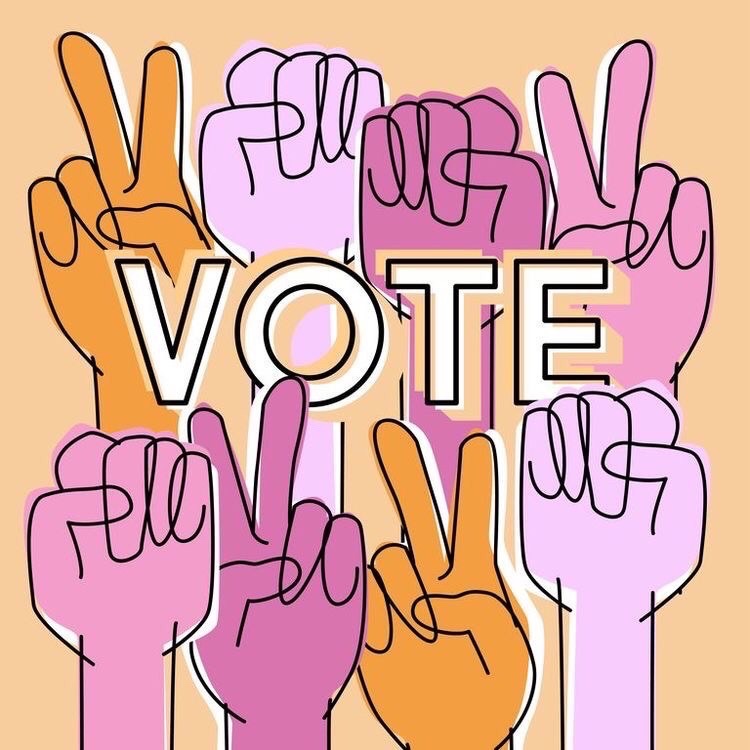Elections stand as the cornerstone of democracy, serving as a platform for expressing collective will and shaping the course of governance. From the pulse of public opinion reflected in the Madhya Pradesh Election Opinion Poll to the empirical outcomes witnessed in the Kuppam Election Results 2019, the diverse spectrum of electoral contests, the nuances of different types of elections in India, and the personal narratives woven in a school captain election speech, each facet offers profound insights into the democratic ethos of the nation. In this comprehensive exploration, we delve into the intricacies of these electoral phenomena, unraveling their significance, implications, and the broader narrative they contribute to the democratic fabric of India.
Madhya Pradesh Election Opinion Poll:
As one of the key states in Indian politics, Madhya Pradesh often becomes the focal point of electoral discourse. The Madhya Pradesh Election Opinion Poll serves as a barometer of public sentiment, offering insights into voter preferences, political trends, and the potential outcome of elections. This poll not only informs political strategies but also engages citizens in the democratic process, fostering dialogue and participation.
Kuppam Election Results 2019:
The Kuppam constituency in Andhra Pradesh gained prominence due to its association with a prominent political leader. The Kuppam Election Results 2019, which witnessed a keenly contested electoral battle, reflect the dynamics of regional politics and the aspirations of the electorate. The outcome of this election underscores the significance of grassroots democracy and the power of individual constituencies in shaping political narratives.
Types of Election in India:
India, with its vast and diverse population, conducts various types of elections to ensure representation at different levels of governance. From Lok Sabha elections, which determine the composition of the national parliament, to local body elections, such as municipal and panchayat polls, each type of election serves a distinct purpose in the democratic framework. Understanding the types of elections in India provides insight into the functioning of democracy at different tiers of governance.
In an Election Between Two Candidates:
Electoral duels between two candidates epitomize the essence of democracy, where competing visions and ideologies vie for public endorsement. In such contests, candidates engage in rigorous campaigning, presenting their credentials, and articulating their vision for the electorate. The dynamics of an election between two candidates highlight the choices available to voters and the significance of individual agency in shaping electoral outcomes.
Speech for School Captain Election:
At the grassroots level, school captain elections offer students an opportunity to experience the democratic process firsthand. A speech for school captain election embodies the aspirations, ideals, and promises of a candidate, seeking to garner support from peers and faculty members. Such speeches foster leadership skills, public speaking abilities, and a sense of responsibility among students, nurturing future leaders and active citizens.
Conclusion:
As India continues its journey as the world’s largest democracy, initiatives like the Madhya Pradesh Election Opinion Poll, Kuppam Election Results 2019, exploration of different types of elections, electoral duels, and school captain election speeches underscore the vibrancy and resilience of its democratic fabric. Through electoral participation, civic engagement, and informed discourse, citizens reaffirm their commitment to the democratic ideals of representation, accountability, and governance. As the nation progresses, these electoral phenomena continue to shape the collective destiny of its people, ensuring a future rooted in democratic principles and values.

